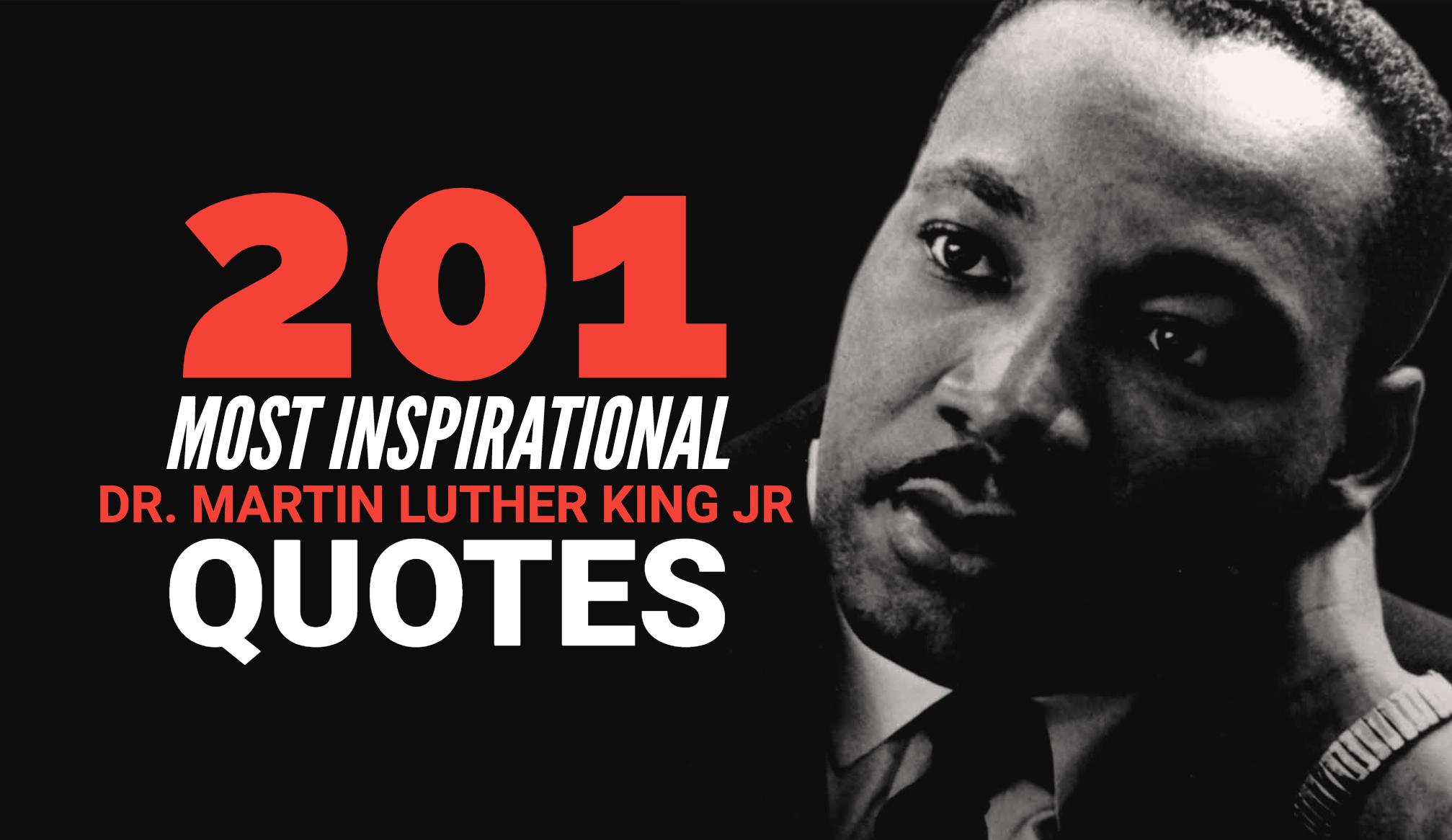The Enduring Legacy of Martin Luther King

Introduction
Martin Luther King Jr. is a name synonymous with the struggle for civil rights and social justice in the United States. His tireless advocacy for equality and non-violent protest became a benchmark for the civil rights movement. Understanding King’s legacy is crucial in today’s context, as discussions around race, equality, and justice continue to resonate globally.
Historical Context
Born on January 15, 1929, in Atlanta, Georgia, Martin Luther King was educated in theology and quickly emerged as a leader during the Montgomery Bus Boycott in 1955. This pivotal event catalysed the civil rights movement, highlighting the injustices faced by African Americans. King’s leadership style promoted non-violence, inspired by Mahatma Gandhi, and his ability to galvanize communities through memorable speeches became central to the movement.
Major Achievements
One of King’s most significant achievements was his role in the 1963 March on Washington for Jobs and Freedom, where he delivered his iconic ‘I Have a Dream’ speech. This event successfully drew national attention to the civil rights struggle and helped lead to the passage of the Civil Rights Act of 1964 and the Voting Rights Act of 1965. King’s efforts contributed immensely to the dismantling of legal segregation and the provision of voting rights for African Americans.
Contemporary Relevance
Today, Martin Luther King’s message continues to inspire movements for social justice around the world. Issues such as racial discrimination, police brutality, and economic inequality echo the injustices he fought against. In recent years, movements like Black Lives Matter have revived King’s teachings on non-violence and the importance of collective action to combat systemic racism. Educational institutions, commemorative events, and community programs utilise his legacy to promote discussions around equality and social responsibility.
Conclusion
As we reflect on Martin Luther King Jr.’s impact, it is clear that his vision for a just society remains a guiding light for ongoing struggles against injustice. His teachings encourage individuals to confront societal issues with courage and compassion, a reminder that the quest for equality and peace is never truly over. Emphasising the importance of dialogue and understanding, King’s legacy teaches us that everyone has a role in shaping a fair and equitable world.
